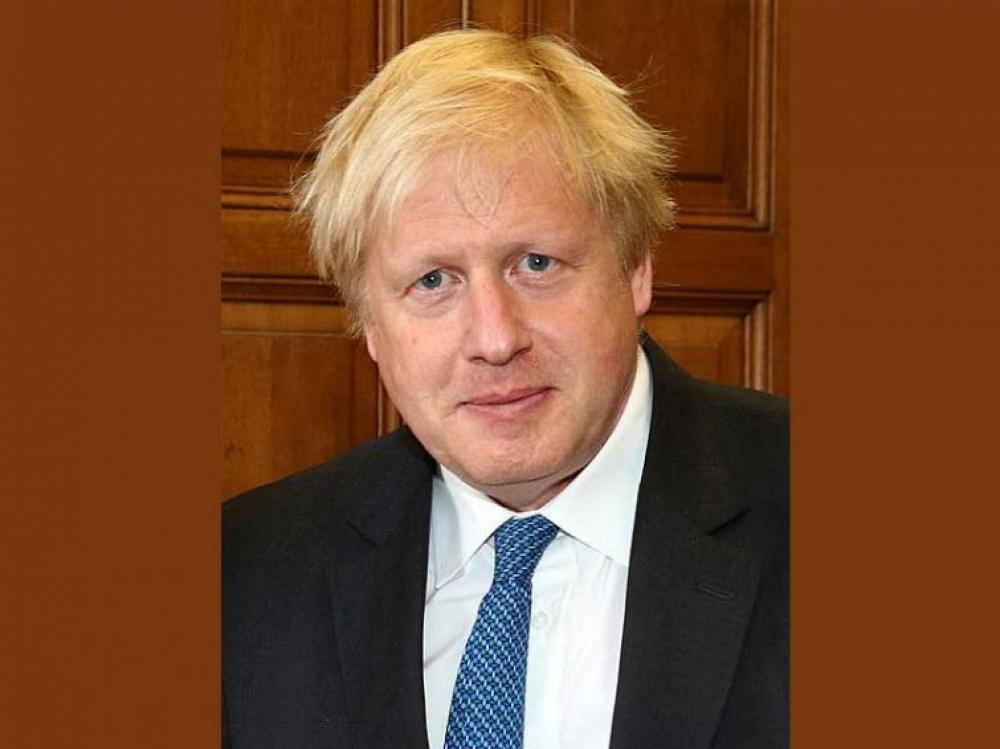Just Earth News | @justearthnews | 30 May 2020

Wikimedia Commons
London: It seems Britain is slowly backing its former colony as it is planning to allow hundreds of thousands of Hong Kong citizens to come to Britain if China clamps down further on the city.
Sunday Express reported that at a meeting earlier this year at the Prime Minister's official country residence, Chequers, Mr Johnson told MPs that he could be prepared to give refuge to Hong Kong citizens.
It is unclear if this will include just the 315,000 who hold a British National (Overseas) passport and their extended families, or the 7.5 million population - most of whom had the passport until 1997, the newspaper reported.
That passport allows visa-free travel to the UK but not residency. The proposal is that refugees from the Chinese territory would get full passports.
The meeting at Chequers saw unanimous support for the move. It is similar to the campaign to provide full citizenship to Ugandan Asians in the 1970s, when they were persecuted by dictator Idi Amin. One of the families to come over then was that of Home Secretary Priti Patel, reported Sunday Times.
China's parliament on Thursday backed a new security bill meant to bring about tighter control over Hong Kong, which underlines that anyone who undermines Beijing's authority in the territory will be treated as a criminal and his/her action will be deemed crime against the state.
The new bill has caused deep concern among those who say it could end Hong Kong's unique status.
It could also see China installing its own security agencies in the region for the first time, the BBC reported.
The move has already sparked a new wave of anti-mainland protest.
Clashes broke out on Wednesday as Hong Kong's parliament debated a different proposed law, which would make it a crime to disrespect the Chinese national anthem. Hundreds of people were arrested in protests over that and the security law.
The new law means that Hong Kong no longer merited being treated differently from the mainland under US law.
The declaration could have major implications for Hong Kong's trade hub status as well.
The United States-Hong Kong Policy Act, or more commonly known as the Hong Kong Policy Act or Hong Kong Relations Act, is a 1992 act formulated by the United States Congress that allows the United States to continue to treat Hong Kong separately from Mainland China for matters concerning trade export and economics control after the 1997 handover.
The Act was amended on Nov 27, 2019 by the Hong Kong Human Rights and Democracy Act.
On May 27, 2020, US Secretary of State Mike Pompeo declared Hong Kong "no longer autonomous", putting its special designation into uncertainty.